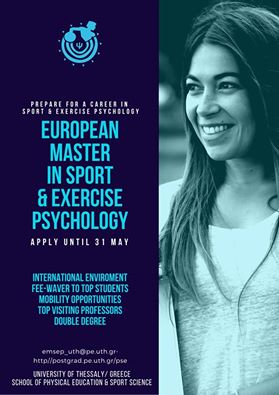Aula Magna of the Italian Olympic Committee, Rome, the 20th of April, 1965. That was the place and moment of the inception of the International Society of Sport Psychology – ISSP, by the hands of a small group of pioneers, led by the Italian psychiatrist Ferruccio Antonelli. This happened during the 1st International ISSP World Congress of Sport Psychology marking the Modern Era of our scientific field.
From that moment professional and scientific networks were initiated, sport psychology was spread internationally, and the knowledge in this field was developed enormously. Continental societies appeared, with the North American Society of Sport and Physical Activity (NASSPA) and the European Federation of Sport Psychology (FEPSAC), being the first two. Concurrently, National societies began to be established, mainly in the European countries. The International Journal of Sport Psychology, the very first scientific journal in the area and for many years the ISSP official publication, was founded by Antonelli and published by Luigi Pozzi Editors in Rome.
Exactly fifty years after, this historical occasion will be celebrated in the very same place of the Italian Olympic Committee Centre, in Rome. For two days (April, 2015, 19-20), the ISSP 50th Anniversary Seminar will honor the past and all those who worked for the development of the Society. Celebrating the ISSP history is also an opportunity to look to the future. Hence, the motto of the event is “A Bridge from the Past to the Future”.
The program of the ISSP 50th Anniversary Seminar will include invited keynote lectures, symposia and workshops, as well as submitted poster sessions. Reflections on the historical route will be done, namely during the Past-Presidents round-table, and the future will be symbolically represented by the lectures presented by the 2013 ISSP Developing Scholar Award winners. The 50th Anniversary Gala Banquet sponsored by Luigi Pozzi Editors will be the perfect moment for the social interaction among all the participants.
All the information on: http://www.events-communication.net/b57/index.php?lang=en






